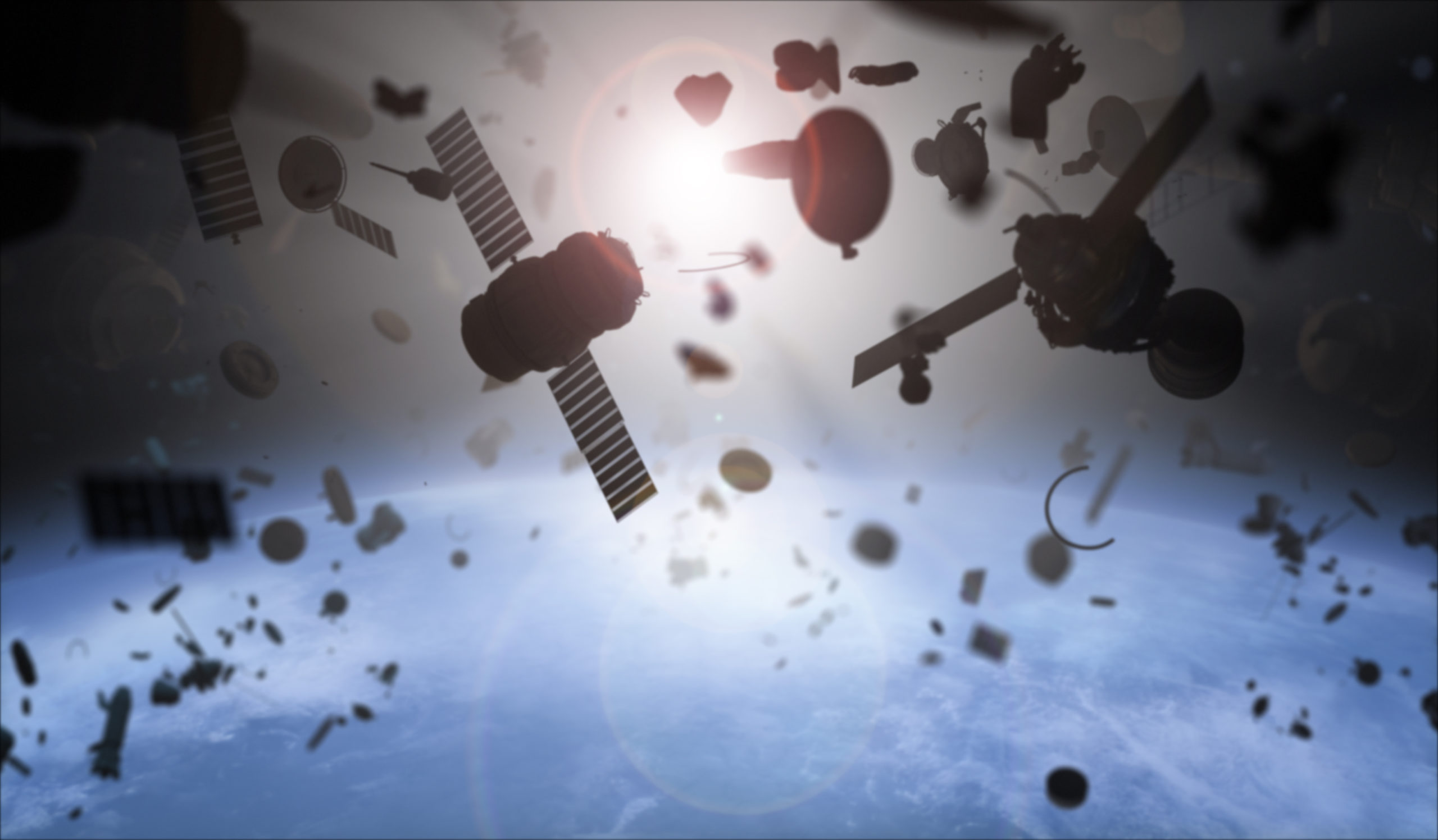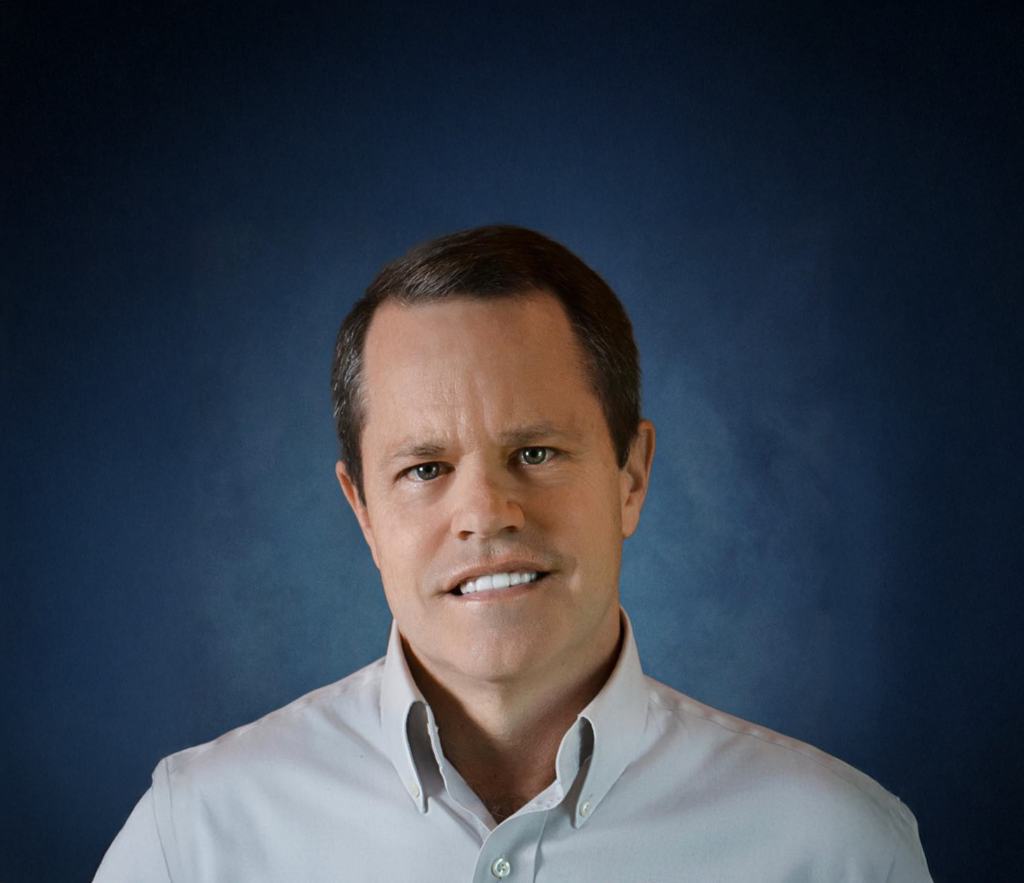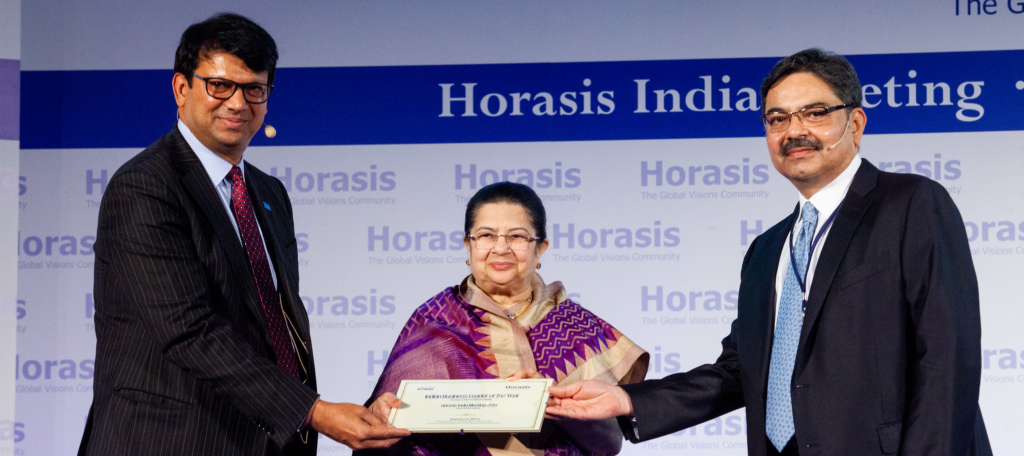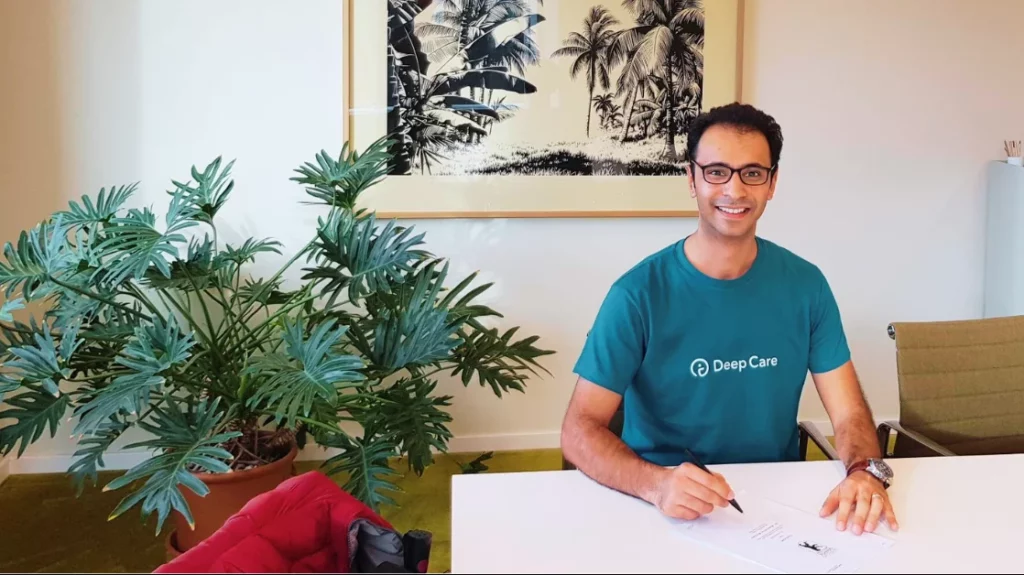Japan has just invested $1 billion into domestic space startups, report TechCrunch, in a bid to give the industry a boost. This is to help companies who are working on space solutions, and the government has also revealed that it’s working on a plan to establish commercial development on the moon.
Shooting satellites into orbit is the most popular of missions for a space startup and, with the advent of micro and even nanosatellites, building them is cheaper and more feasible than ever before. The Satellite Industry Association reports that there were 1,459 operational satellites in orbit at the end of 2016, a 47% increase from five years ago.
However, as a result of the human race’s long-running obsession with everything extraterrestrial, one thing has fallen by the wayside; the waste and debris scattered in orbit around the earth. Singapore based startup Astroscale is working to combat this issue.
Astroscale’s website states that there are at least 20,000 large size pieces of debris in space, which are trackable from earth, but that millions more too small to track are estimated to be speeding at 8 km a second around our planet. This a 100 percent man-made issue and this debris also poses a threat to our current satellites, which we have come to rely on so heavily.
Founded in Singapore in 2013 by Japanese Nobu Okada, the company also has an R&D office in Japan and have recently set up office in the UK. The company has recently received a $25 million investment from Japan, and are working to raise public awareness about the space debris issue and to promote sustainable space missions for coming generations.
“This funding commitment indicates the growing international awareness that space debris must be confronted in order to safeguard future space use and advance discussions on Space Traffic Management (STM),” Nobu Okada said in a statement reported by Space News.
The company is building on-orbit technologies to safely remove existing space debris and service existing satellites. Astroscale’s website reports that on Tuesday, Okada showcased its newest device ELSA-d to Japanese prime minister Shinzo Abe, showing how the capture mechanism uses magnets and a docking plate to capture debris.
Space News writes that Astroscale isn’t the first company to work towards cleaning up space, but it is the first one to receive such substantial financial support. Previous reluctance from investors has been because of the ongoing question about who will pay for these clean-up services. The Asia Pacific news site The Diplomat reports that Okada is aware of this challenge, and is hoping that by educating those on the possibly catastrophic environmental and economic damage the debris could cause, he will encourage those responsible to help fund the project.
In space exploration, there has traditionally been a huge focus on facing the monumental challenge of actually getting there, but, in this sector, as with all others, there remains the question of how to consciously deal with what is left behind. With Astroscale raising awareness, other space startups should be taking responsibility for what they’ll leave behind, however far away from home it is.










